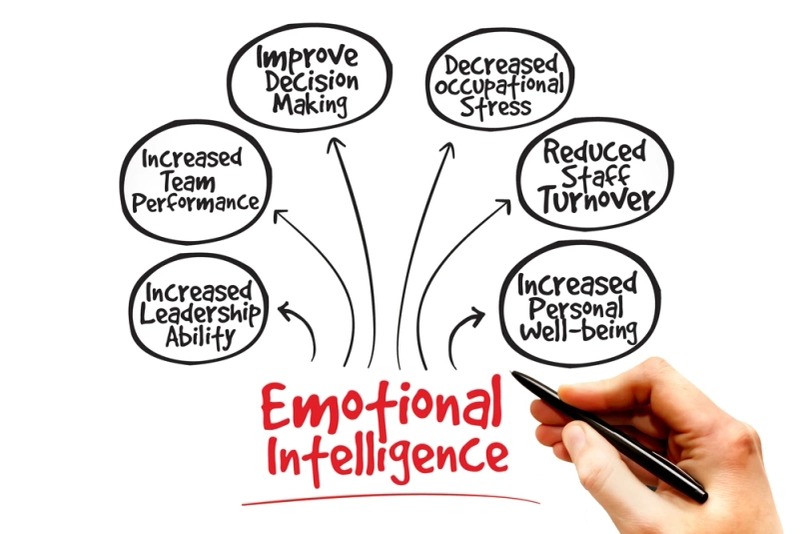In the realm of leadership, technical expertise and strategic acumen are undoubtedly important. However, there is another critical factor that can truly set exceptional leaders apart: emotional intelligence. Recognizing the significance of emotional intelligence for leaders, EnHansen Performance is dedicated to helping leaders harness this invaluable skill to drive organizational success.
Emotional intelligence refers to the ability to understand and manage one's own emotions, as well as to recognize and empathize with the emotions of others. It encompasses self-awareness, self-regulation, social awareness, and relationship management - all of which are essential in fostering effective leadership.
At EnHansen Performance, we firmly believe that leaders who possess high emotional intelligence are better equipped to navigate challenges, inspire their teams, and build positive work environments. Here's why emotional intelligence is crucial for leadership excellence:
Self-Awareness: Leaders with high emotional intelligence have a deep understanding of their own strengths, weaknesses, and emotions. This self-awareness allows them to recognize how their actions and behaviors impact those around them. By being aware of their emotions, they can better manage stress, make informed decisions, and respond effectively to various situations.
Empathy and Understanding: Emotional intelligence enables leaders to connect with their team members on a deeper level. They can empathize with their colleagues' perspectives, challenges, and aspirations, fostering trust and cooperation. This understanding promotes collaboration, strengthens relationships, and creates an inclusive and supportive work environment.
Conflict Resolution: Leaders with strong emotional intelligence possess exceptional conflict resolution skills. They can manage disagreements and navigate challenging conversations with grace and empathy. By promoting open and constructive dialogue, they foster a culture of respect and find mutually beneficial solutions.
Inspiring and Motivating: Emotionally intelligent leaders have the ability to inspire and motivate their teams. By understanding the unique needs and aspirations of their employees, they can provide tailored support, encouragement, and recognition. This leads to increased employee engagement, productivity, and overall job satisfaction.3
Adaptability and Resilience: In today's fast-paced and ever-changing business landscape, adaptability and resilience are paramount. Emotionally intelligent leaders are adept at navigating ambiguity, embracing change, and guiding their teams through challenges. Their ability to remain composed and optimistic in the face of adversity inspires confidence and motivates their teams to persevere.
EnHansen Performance is committed to equipping leaders with the tools and techniques to develop their emotional intelligence. Through our tailored training programs, workshops, and coaching sessions, we provide leaders with the insights and strategies necessary to enhance their emotional intelligence and unlock their full leadership potential.
To embark on your journey towards leadership training excellence through emotional intelligence, visit our website. Together, let's cultivate a new generation of emotionally intelligent0 leaders who drive positive change, foster collaboration, and propel organizations towards success.


